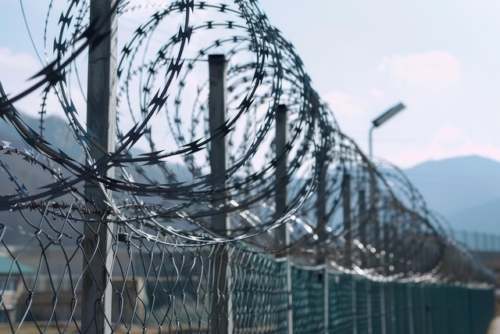
On April 24, 2025, the Asaka District Criminal Court of Uzbekistan considered a criminal case involving a defendant accused under Part 4 of Article 113 of the Criminal Code of the Republic of Uzbekistan — knowingly placing another person at risk of HIV infection.
The accused, a citizen of Uzbekistan with no prior convictions, was diagnosed as HIV-positive in October 2024 by the Andijan Regional AIDS Center. At that time, he was officially warned of his legal obligations, including criminal liability for exposing others to infection. Despite this warning, in January 2025, he allegedly engaged in unprotected sexual intercourse with the victim, who was unaware of his medical status at the time. The two had developed a romantic relationship beginning in 2021, which included multiple sexual encounters—some unprotected—both before and after his diagnosis.
His partner testified to having a relationship with the defendant, confirmed instances of unprotected sex, and acknowledged not being informed of the defendant’s HIV status. However, she expressed that she had no claims against the defendant and requested leniency, noting their close relationship and her financial dependence on him.
A witness from the AIDS Center confirmed the defendant had been officially counseled about transmission risks and had signed documentation acknowledging understanding of the consequences. The defendant partially admitted guilt but also claimed the victim had been informed of his condition prior to their sexual relationship. The court found this claim unsubstantiated and viewed it as an attempt to evade responsibility.
In deliberating sentencing, the court considered both aggravating and mitigating factors. Aggravating circumstances included the malicious nature of the act and the potential harm caused. Mitigating factors included the absence of infection in the victim, lack of prior criminal history, partial admission of guilt, and the victim’s request for leniency.
The court ruled that the defendant’s actions were criminal and socially dangerous but determined that imprisonment was not necessary. Instead, it imposed a sentence of restriction of liberty for four years, limiting the defendant’s ability to leave his residence except during work or study hours and requiring supervision by the local probation authority. Additional conditions included a prohibition on changing residence without official approval and a travel ban outside the Andijan region.
The court informed both parties of their right to appeal the decision within ten days.



